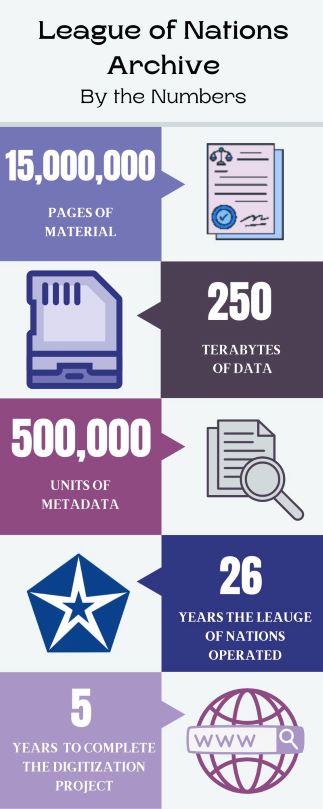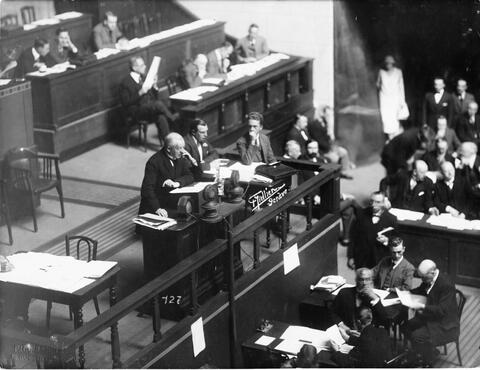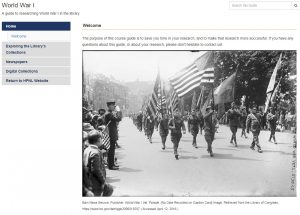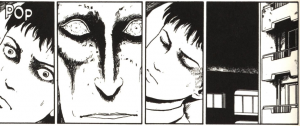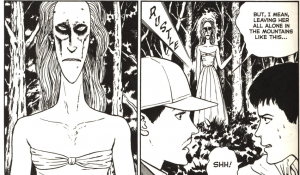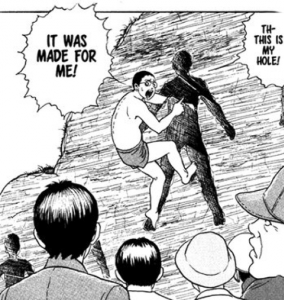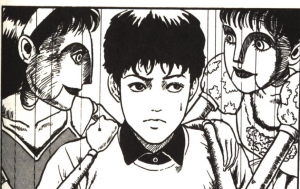By Matt Hendrick
If you’ve ever lost a folder or spent hours trying to find an old file, Elizabeth Wickes (who works with Heidi Imker, the Head of the Research Data Service (RDS), and her colleagues Elise Dunham, Colleen Fallaw, and Qian Zhang) can help you. Elizabeth is a Data Curation Specialist at the RDS who helps researchers and students learn how to properly organize and manage their data.
Help from Elizabeth can even be the reason you receive or do not receive federal funding. If you ever plan on applying for a federal grant, you will likely need to create a Data Management Plan (DMP). If you have no idea what a Data Management Plan is, the RDS can help you. If you do know what a DMP is, but don’t know how to create one or want some feedback on a draft, the RDS can help you.
Last semester, I had the opportunity to interview Elizabeth and ask her about the RDS, Data Management Plans, and the best practices for organizing data.
- What is the Research Data Service?
The Research Data Service is dedicated to helping Illinois researchers manage and steward their data throughout the research process. When I say data, I can mean whatever you are using to base your conclusions off of. People often say “I don’t have data.” You do. Everyone has data. You are basing your conclusions on something. This can be books, specimens, interviews, statistics, etc.
- What services does the RDS offer?
We have three core services: data management workshops and consultations, Data Management Plan creation help, and the Illinois Data Bank. Our workshops and one-on-one consultations are usually the best place to get started with data management and gives us an opportunity to discuss your specific situation and give you personalized advice on how to manage your data. You can book a personal consultation at http://go.illinois.edu/bookRDS. The RDS also holds regular workshops (in collaboration with the Scholarly Commons) covering various data management and data publishing topics. In addition, we offer customized data management talks or workshops to fit the needs of teams of all sizes and disciplines. We’ll be talking about the Illinois Data Bank and Data Management Plans later on.
- Who can use the RDS and attend its workshops?
Everyone is welcome to attend the RDS workshops; no I-Card is required. The RDS is designed to help research and data management from all individuals, at all stages. Undergraduates, graduates, and faculty have access to all of the RDS’s services.
- How should researchers handle data that is either confidential, private, or proprietary?
We help a great many researchers with sensitive data, but our advice is very dependent on the type of data and the context. For example, for scholars with sensitive humanities data the RDS recommends our institutional Box for storage. UIUC’s Box is approved for IRB storage and, when permissions are set up appropriately, it is one of the easiest ways to manage and share IRB data with a project team. When it comes to sensitive data and human subjects, the IRB is always the final word. We would not give the same recommendation to scholars with HIPAA data (health data), as that has very explicit legal requirements. Whatever issues you may have with sensitive data, we will walk you through the process and give you advice tailored to your specific situation.
- What are the best practices of data management?
Among the two most important data management steps an individual can take are: keeping secure backups of all their data (Box or an encrypted external hard drive) and maintaining personal computer security (see our library’s “Computer Security Tips” and the Technology Service’s information on security for more information).
Some general best practices for organizing your data include: having consistent and unique file names, avoiding special characters and spaces (use underscores instead), and including a version number and date for all your files (with consistent formatting). See the RDS’s pages on “Saving and Sharing Your Data” and “Organizing Your Data” for more detailed information. We also offer private consultations to help you develop and implement an organizational system.
- What is a Data Management Plan (DMP) and why would someone create one?
In 2013, the Office of Science and Technology Policy (OSTP) issued a memo mandating that federally funded research programs must be open access and have a plan for data management (beginning in 2015). Today, many federal grant applications must have a Data Management Plan (DMP). So if you haven’t submitted a grant in the last couple years, this will probably be new to you.
While DMP requirements do differ from funder to funder, they are usually one or two page documents that answer the specific questions of the funder. The general purpose is to explain how you will manage, secure, acquire, and share your data. You will also have to explain what your data will be, how you’ll manage it during the project, and how you’ll store it after the project is done. The level of detail they expect varies by funder and some funders place higher levels of emphasis on the DMP. Some funders consider it a key element of the grant portfolio, while others do not. You cannot simply presume the DMP is not going to matter; an increasing number of funders who initially didn’t place a great deal of emphasis on the DMP, now do.
It is primarily faculty who are applying for these funding opportunities and are required to create a DMP, but we are seeing more grad students and post-docs needing to submit ones for fellowship project applications. Also, any graduate student who is planning to remain in academia and applies for a federal grant will have to create a Data Management Plan. Sometimes graduate assistants working for a faculty member may also be involved in this process, but every team works differently. The DMP creation plan process can also be valuable for a team as they create new projects, because it makes you ask and answer many tough questions. Pain points can be discovered early on in the process rather than during crunch times.
- How can RDS with the process of creating a Data Management Plan?
If you send us your proposal, the call you are responding to, and a draft of your Data Management Plan, we will take a look at all those documents and provide you with expert advice. We have an entire network of subject specialists that we bring in who know your subject and your funders. The process is entirely confidential and is as simple as sending out an email to researchdata@library.illinois.edu. We also have a short list of best practices that goes over the biggest pain points we see coming in on a regular basis.
- What is the difference between IDEALS (Illinois Digital Environment for Access to Learning and Scholarship) and the Illinois Data Bank?
IDEALS and the Illinois Data Bank are our institutional repositories for research and scholarship. You can think of them as sibling repositories. They are intentionally separated as it is more efficient. In short, IDEALS is primarily designed for texts (dissertation, theses, papers, presentations, manuscripts, etc.) while the Illinois Data Bank is primarily designed and optimized for data. This method of dividing our data storage allows us to maximize the metadata that is being transmitted; essentially, this makes your data more discoverable and reusable.
- What can scholars of the humanities deposit in these repositories?
You cannot deposit anything that is under copyright or data that is sensitive (such as protected human subject data), but this is something that we can help you navigate. You do have the ability, as an alternative, to deposit your derivative data files. For example, if you are doing topic modeling on copyrighted novels, you can’t deposit the novels, but you can deposit the topic modeling information that you have created and are basing your research on. Additionally, you can deposit any field notes that you have; you can de-identify these to whatever extent you wish (so long as you are in compliance with the IRB and your participant consent).
- Do you have any general advice for students regarding the RDS and our library in general?
I want to encourage all students to look at all the services the library offers outside of just the collections. The library is a lot more than simply books. In addition to the RDS, we have a many experts and services that can help with a broad range of issues related to your research. I also advise students and faculty to take advantage of our library’s consultation services; these can be a tremendous resource and they are often overlooked.
—
The Research Data Service is on the south side of the third floor of the Main library in the rooms of 310-312. They do not have a patron-facing area and usually use the neighboring Scholarly Commons area for their meetings. You can set up a meeting by calling their phone number (217-300-3513) or sending an email to researchdata@library.illinois.edu.
In addition to Elizabeth Wickes, the staff of the RDS includes Heidi Imker (Director), Colleen Fallaw (Research Programmer), Elise Dunham (Data Curation Specialist), and Qian Zhang (CLIR Postdoctoral Fellow in Data Curation with CIRSS).
